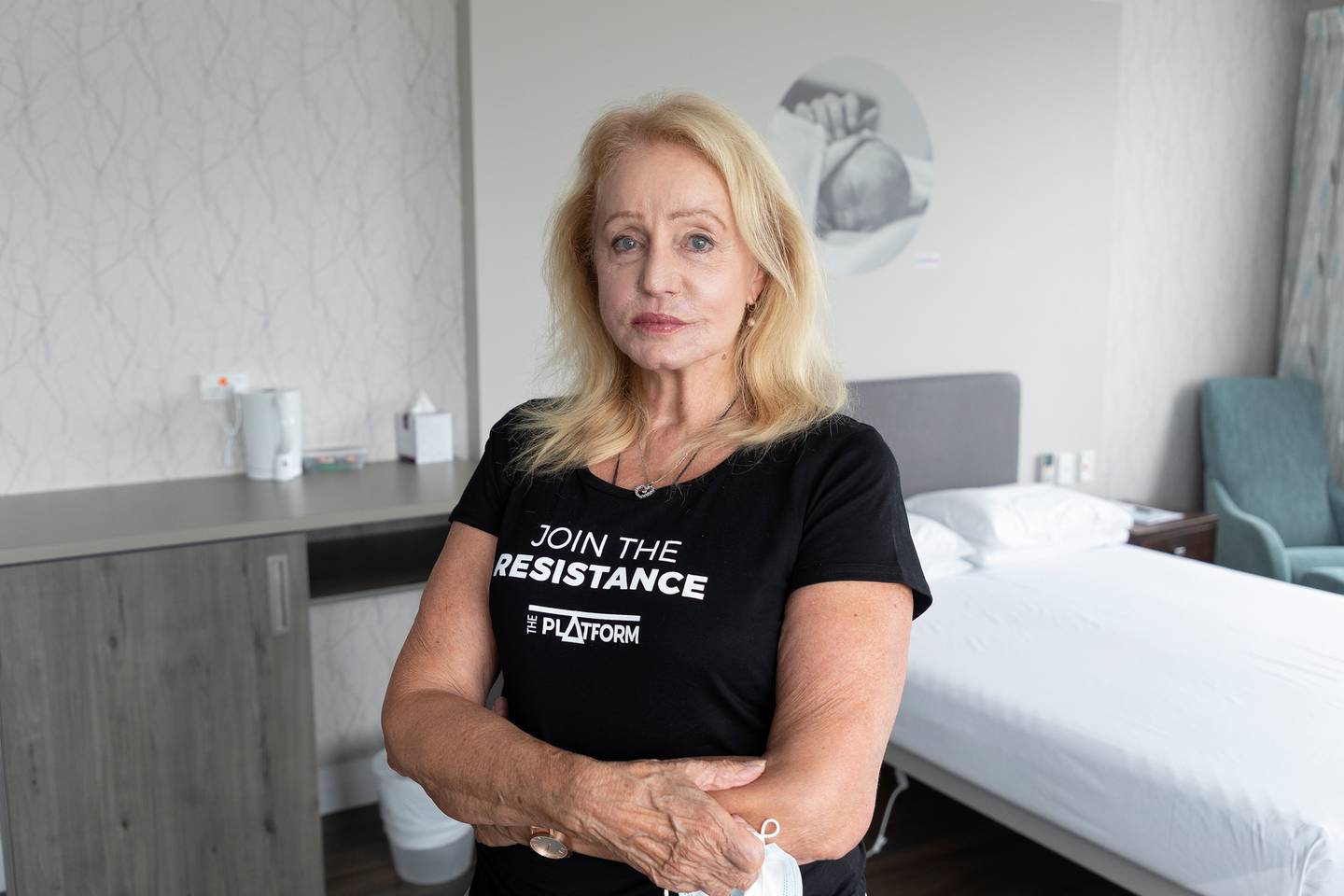
Suicide is the leading cause of deaths among pregnant women and new mums, a report by the Helen Clark Foundation reveals.
The findings have sparked anger from advocates who say women are being treated appallingly in our health system and it's time for action.
The report, Āhurutia Te Rito It Takes a Village, published this morning, also found wāhine Māori were three times more likely to die from maternal suicide than non-Māori.
"This cannot go on [...] it is unacceptable," author of the report and deputy executive director of the Helen Clark Foundation, Holly Walker, said.
"Up to half of all birthing parents experience symptoms of perinatal distress and this has long-lasting consequences," Walker said.
The foundation is calling for urgent Government action to curb the sobering statistics.
In the report, they recommend:
• Expanding the provision of public housing and prioritising placements for whānau with young children or expecting new babies.
• Increasing funding for midwives and partnering with the sector to develop a strategy to fill urgent vacancies and address long-term skill shortages.
• Funding the new Māori Health Authority to commission additional and expanded kaupapa Māori initiatives for whānau wellbeing, with a particular focus on reducing high rates of perinatal distress and maternal suicide among wāhine Māori.
• Extending ACC coverage for birth injuries to include mental injuries from birth trauma, expanding affected parents' access to support during their recovery.
• Providing fast access to affordable, culturally appropriate therapeutic support to parents with early signs of distress, and guaranteeing immediate access to best-practice specialist help if they become unwell.
"We've made a range of recommendations to ensure parental and whānau wellbeing is supported as it's the best way to protect perinatal mental health and help parents and babies thrive," Walker said.
She said Covid-19 had exacerbated problems within maternity care and there might also be a cohort of young people who will shortly become parents who are particularly vulnerable to perinatal distress.
Nga Maia Māori Midwives Aotearoa's chief executive Jean Te Huia said suicide among pregnant women and mums was a major problem in New Zealand.
"It's just awful [...] there are insufficient services that can understand and cope with pregnant women who are feeling anxious and depressed," Te Huia said.
She said there was a misguided belief that depression happens after birth, but studies show it can begin before the baby is born.
"Most women don't want to admit they feel unhappy or depressed during pregnancy because there's a general expectation that pregnancy is a joyful time in a women's life. And then of course after the baby is born there is a misguided belief that women who suffer from depression and who can't cope have deserted this ideal mother image, so they are not forthcoming
Māori public health advocacy group Hāpai Te Hauora's chief executive Selah Hart said since 2006 more than half of the pregnant or new mothers who died by suicide were Māori.
"This needs to be addressed and shows a lack of protection under Te Tiriti for our mothers and birthing parents."
The data collected by the foundation included women who were pregnant or had died within six weeks of birth.

Advocacy group Mother's Matter founder Chloe Wright said this didn't capture all maternal deaths as many women were taking their life well after six weeks of giving birth.
"We are treating women appallingly [...] just recently a woman was sent home three hours after birth. Women are not being told their rights and it's shocking," Write said.
In March last year, New Zealanders from across the country launched an attack on Government saying "shameful maternal practices were killing our mums".
Mother's Matter campaigned against women being kicked out of hospital after giving birth without any support, a postcode lottery for maternal care, lack of wraparound services for struggling mums, and cultural and economic barriers for new mums to get help.
At the time, Wright said New Zealand needed to wake up to shameful maternity practices because "we are losing lives".
"We are very complacent as New Zealanders and we become almost accepting of all of these deaths. We don't hear too much about the women, we only hear about the babies who are murdered," Wright said.
The Herald has sought comment from Associate Minister of Health Dr Ayesha Verrall.
About maternal suicide in NZ
• Every year at least 10 women are lost to maternal suicide in New Zealand - and experts say that's the "tip of the iceberg" as many go unreported. Māori and Pasifika are far less likely to report post-natal depression.
• One in seven new mums suffers postnatal depression after giving birth.
• The reported rate of maternal suicide in New Zealand is five times higher per capita than that of the UK, and Māori women are overrepresented.
• On average a child dies every five weeks as a result of violence in New Zealand.
Looking for support?
• Call or text 1737 any time for support from a trained counsellor
• Call PlunketLine 24/7 on 0800 933 922
• Depression helpline: Freephone 0800 111 757
• Healthline: 0800 611 116 (available 24 hours, 7 days a week and free to callers throughout New Zealand, including from a mobile phone)
• Lifeline 0800 543 35
• Samaritans – 0800 726 666














